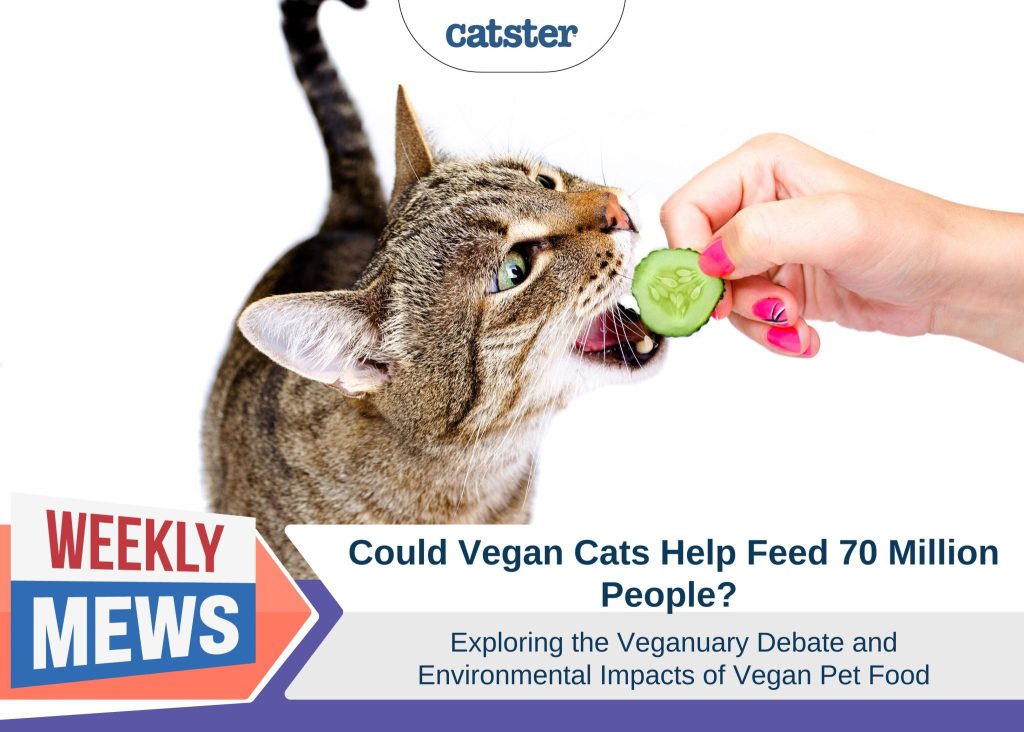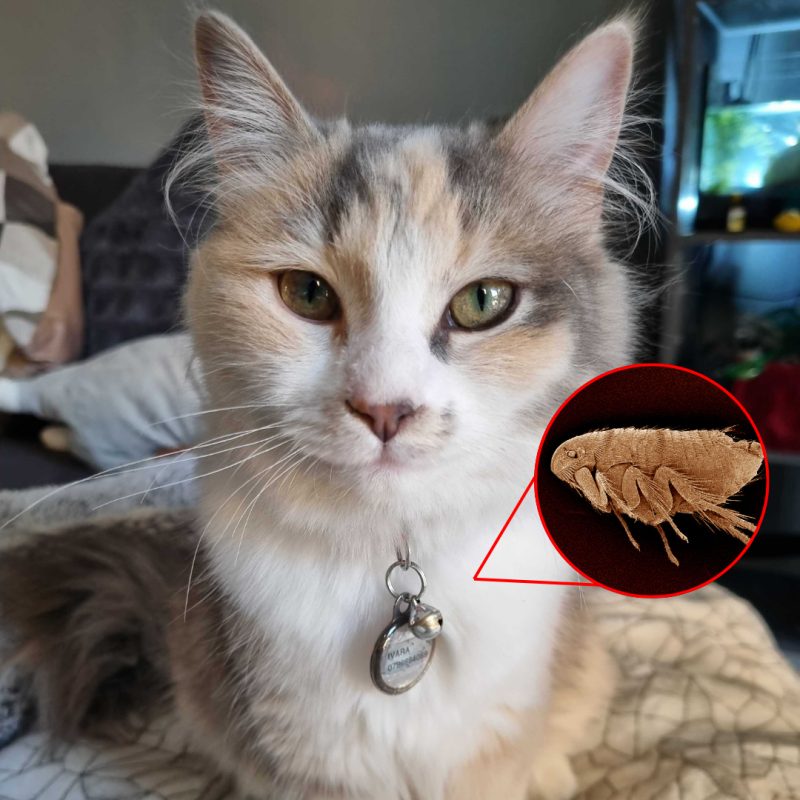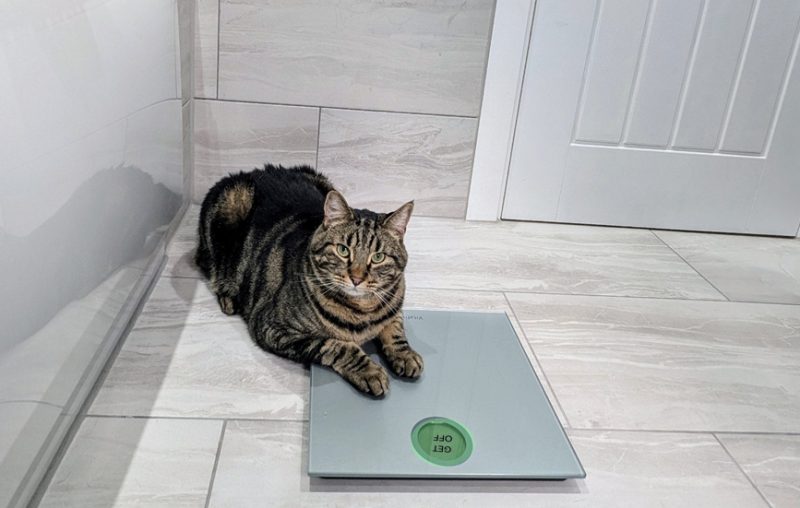Could Vegan Cats Help Feed 70 Million People? Exploring the Veganuary Debate

Nutritional Challenges
Environmental Impacts
Ethical Considerations
Have you heard of Veganuary? Each January, millions of people worldwide embrace vegan diets as part of the Veganuary campaign. In 2024, approximately 25 million people sought a fresh start for their health and the environment by adopting plant-based eating habits. While Veganuary has primarily focused on human participants since its inception in 2014, veterinary Professor Andrew Knight, a Veterinary Professor for Animal Welfare, is now advocating for an extension of the initiative to include pets.1
Potential Health Benefits of Vegan Diets for Cats and Dogs
In his recent article in The Conversation, Professor Knight highlights the potential health benefits of vegan diets for pets. “By late 2024, 11 studies in dogs, three in cats, and one systematic review covering both had all demonstrated that dogs and cats thrive on modern vegan or vegetarian diets,” he writes. According to Knight, consistent health benefits include “a reduction in obesity and of conditions that may be triggered by animal-sourced allergens, like itchy skin and ears and gastrointestinal problems.” However, he stresses that “all diets, including vegan diets, should be manufactured by reputable pet food companies which carefully formulate their food to be nutritionally sound.”
Cats and the Nutritional Challenges
Despite these findings, transitioning cats to vegan diets remains controversial. Cats are obligate carnivores, meaning they require specific nutrients like taurine and arachidonic acid, typically derived from animal sources. Critics argue that even well-formulated vegan cat foods may not fully replicate the nutritional profile of a natural diet, potentially leading to deficiencies.
Supporters of vegan pet diets counter that modern advancements in pet food science can address these concerns. Synthetic versions of essential nutrients can now be added to vegan formulations, making them nutritionally complete. However, experts still emphasize the importance of consulting a veterinarian before making dietary changes, particularly for cats.
Environmental Impact of Pet Diets
Professor Knight’s most recent research sheds light on the environmental implications of pet food. In high pet ownership nations like the U.S., pet food accounts for around 20% of all land animals killed for food, as well as billions of fish and marine animals. Globally, this figure is approximately 9%, even after accounting for by-products of human food production.
The scale of this impact is staggering. According to Knight, feeding the world’s approximately 470 million pet dogs with nutritionally sound vegan food could save six billion land animals annually. Such a transition would also spare 0.57 gigatonnes of CO2-equivalent greenhouse gases each year—1.5 times the emissions of the UK in 2023.
While the environmental benefits are smaller for the world’s roughly 370 million pet cats, they remain significant. Knight estimates that a global shift to vegan cat food could save enough food energy to feed 70 million people annually, equivalent to the population of the UK.
Ethical Considerations and Controversies
As mentioned earlier, the idea of vegan cats sparks ethical and practical debates. On one hand, reducing the demand for animal-based pet foods aligns with broader environmental and ethical goals. “An average-sized dog can consume as much meat as a person,” notes Knight. “If you want better health and environmental outcomes in 2025, try Veganuary—and please don’t forget your pets!”
However, critics contend that imposing vegan diets on obligate carnivores like cats prioritizes human values over animal welfare. They caution against overlooking the physiological differences between species in the pursuit of sustainability. But if it can be done in a way that prioritizes animal welfare, as Professor Knight suggests, then it surely is a win-win.
Moving Forward with Informed Choices
For pet owners considering a vegan diet for their cats or dogs, Knight advises seeking professional guidance. Advice is available via his website.
The Veganuary campaign’s growing influence invites a broader conversation about the role pets play in sustainability efforts. Whether or not cats and dogs should embrace plant-based diets, the dialogue highlights the interconnectedness of human, animal, and environmental health. The choices we make—for ourselves and our pets—could shape a more sustainable future for us all.
What are your thoughts? Is this something you would like to adopt for your cat? In January, or long-term? We’d love to hear from you in the comment section below.







